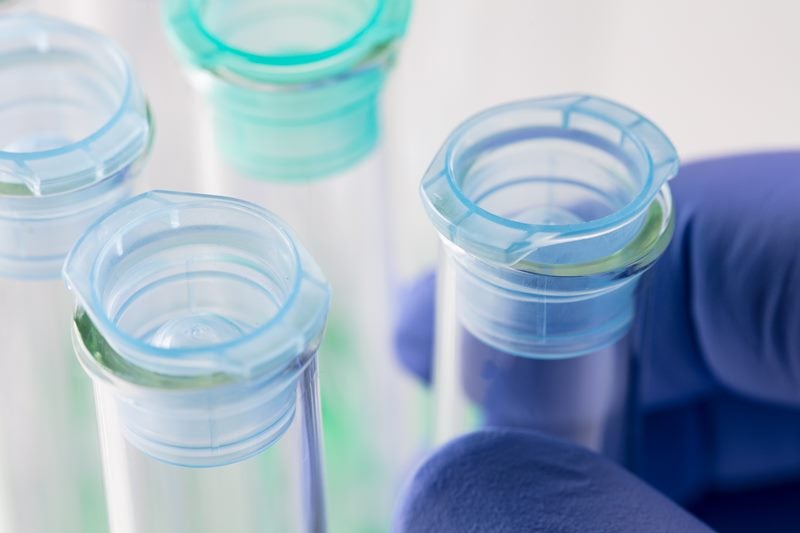
Motif Bio has presented new data for antibiotic drug candidate iclaprim at the American Society for Microbiology (ASM) Microbe 2019 meeting in San Francisco, US.
The British clinical-stage biopharmaceutical company claimed that the pharmacokinetic analysis showed an improvement in efficacy parameters and Cmax with iclaprim fixed-dose used in the Revive Phase III trials in acute bacterial skin and skin structure infections (ABSSSI).

Discover B2B Marketing That Performs
Combine business intelligence and editorial excellence to reach engaged professionals across 36 leading media platforms.
The data was compared to the weight-based dose used in the earlier Assist trials for complicated skin and skin structure infections (cSSSI).
Cmax is the maximum concentration a drug can achieve in a tested area after being administrated and prior to the administration of a second dose.
According to Motif Bio, there was an improvement in two efficacy parameters (AUC/MIC and T>MIC2) with the fixed two-hour 80mg dose by 54% and 67%, respectively.
Cmax also improved by 7% with the fixed-dose compared to the 30-minute weight-based dose.

US Tariffs are shifting - will you react or anticipate?
Don’t let policy changes catch you off guard. Stay proactive with real-time data and expert analysis.
By GlobalDataAUC/MIC is the area under the curve / minimum inhibitory concentration. While AUC represents the total exposure of an antibiotic to an organism, MIC represents the lowest concentration of an antibiotic that will inhibit the growth of an organism.
T>MIC represents the time the concentration of an antibiotic remains above MIC.
The company said that the fixed dose regimen could help reduce the resources required in hospitals due to the prevention of dosage adjustment by clinicians. It could also reduce overall treatment costs, particularly in patients with obesity or renal impairment.
Motif Bio also presented an analysis of patients treated with iclaprim in the Revive and Assist Phase III trials.
In these studies, 1,093 patients with ABSSSI/cSSSI were exposed to iclaprim. Older patients and patients with co-morbidities, such as diabetes, obesity and renal impairment, were involved. The median treatment duration was seven days in the Revive studies and 10 days in the Assist trials.
Furthermore, the studies showed that iclaprim is active against various Gram-positive multi-drug resistant bacteria in updated surveillance analysis, including those resistant to other antibiotics.
Iclaprim showed potent activity against various Gram-positive multi-drug resistant streptococci collected from patients with ABSSSI between 2013 and 2017.
This included cases that were resistant to azithromycin, clindamycin, and tetracycline. The company said that the activity of iclaprim against these bacteria needs to be monitored in light of the public health concern about antibiotic resistance.





